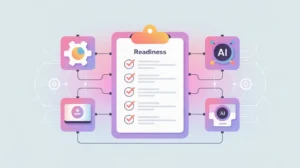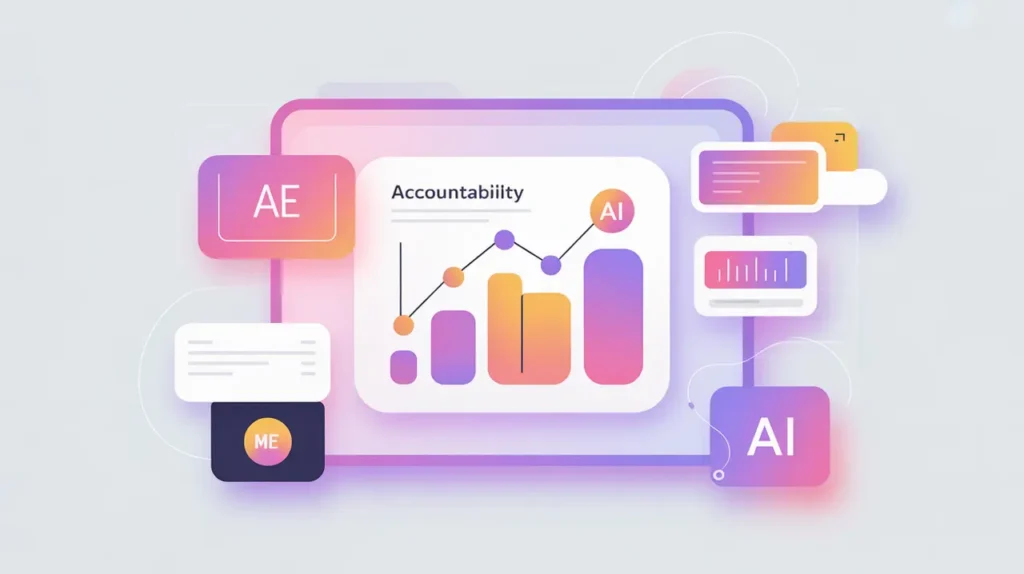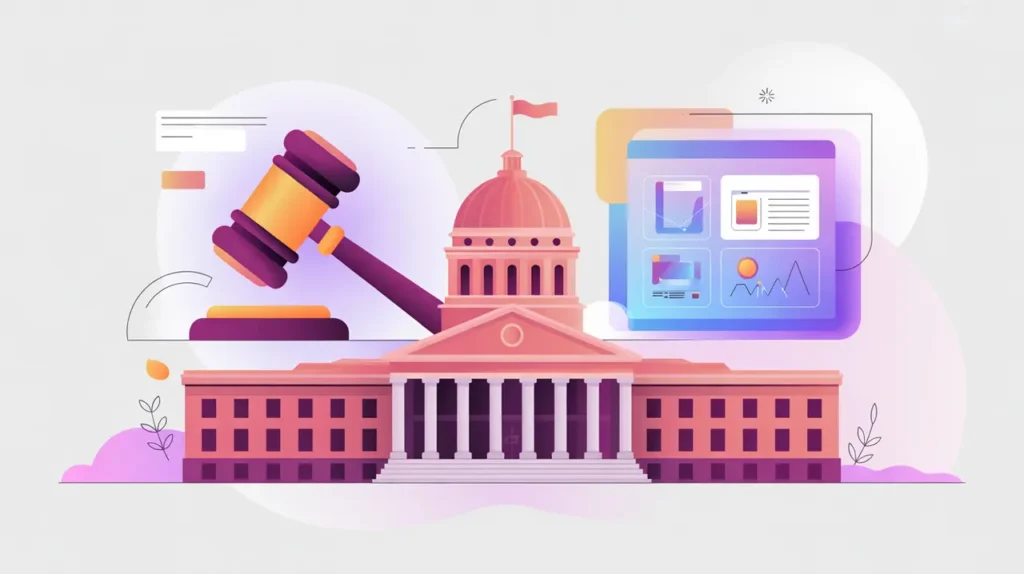Importance of Nonprofits & NGOs in an AI World
Nonprofits and nongovernmental organizations (NGOs) play a central role in applying AI to address social challenges, from health care and education to climate resilience and human rights. Their importance today lies in bridging the gap between cutting-edge technology and underserved communities, ensuring AI is used not only for profit but for equity and impact. As trusted actors in mission-driven ecosystems, nonprofits and NGOs can help translate complex technologies into accessible, context-sensitive solutions.
For social innovation and international development, nonprofits and NGOs matter because they stand at the frontline of service delivery and advocacy, where the benefits and risks of AI adoption are most immediate.
Definition and Key Features
Nonprofits and NGOs vary widely in size, scope, and focus, but share a mission orientation rather than profit maximization. In the AI context, they engage as implementers of digital solutions, watchdogs for ethical practices, and advocates for inclusive policies. Their work includes piloting AI-enabled programs, ensuring representation of marginalized voices, and influencing standards for responsible AI.
This is not the same as corporate social responsibility initiatives, which are driven by private sector reputational goals. Nor is it equivalent to grassroots civil society, which may operate at hyperlocal levels. Nonprofits and NGOs operate as structured, mission-focused intermediaries between technology providers, governments, and communities.
How this Works in Practice
In practice, nonprofits might deploy AI chatbots to extend health information in rural areas, use predictive analytics to anticipate humanitarian crises, or integrate translation tools into education programs. They may also serve as critical evaluators of AI, raising concerns about bias, surveillance, or exclusion. Many NGOs partner with technology companies or research institutions to build capacity and access resources, though they must navigate power imbalances in these partnerships.
Challenges include limited funding for technology adoption, lack of in-house expertise, and the risk of donor-driven agendas overshadowing community priorities. Building sustainable AI strategies requires not only adopting tools but also investing in governance, capacity building, and long-term alignment with mission.
Implications for Social Innovators
The role of nonprofits and NGOs is essential across mission-driven sectors. Health NGOs can integrate AI into diagnostic support while ensuring systems respect patient rights. Education nonprofits can expand access to adaptive learning while advocating for inclusive design. Humanitarian NGOs can deploy AI for crisis mapping while safeguarding vulnerable populations. Civil society coalitions can hold governments and corporations accountable for ethical AI deployment.
By embracing AI thoughtfully, nonprofits and NGOs can both deliver transformative solutions and safeguard equity, ensuring that technological change aligns with social missions and community needs.







